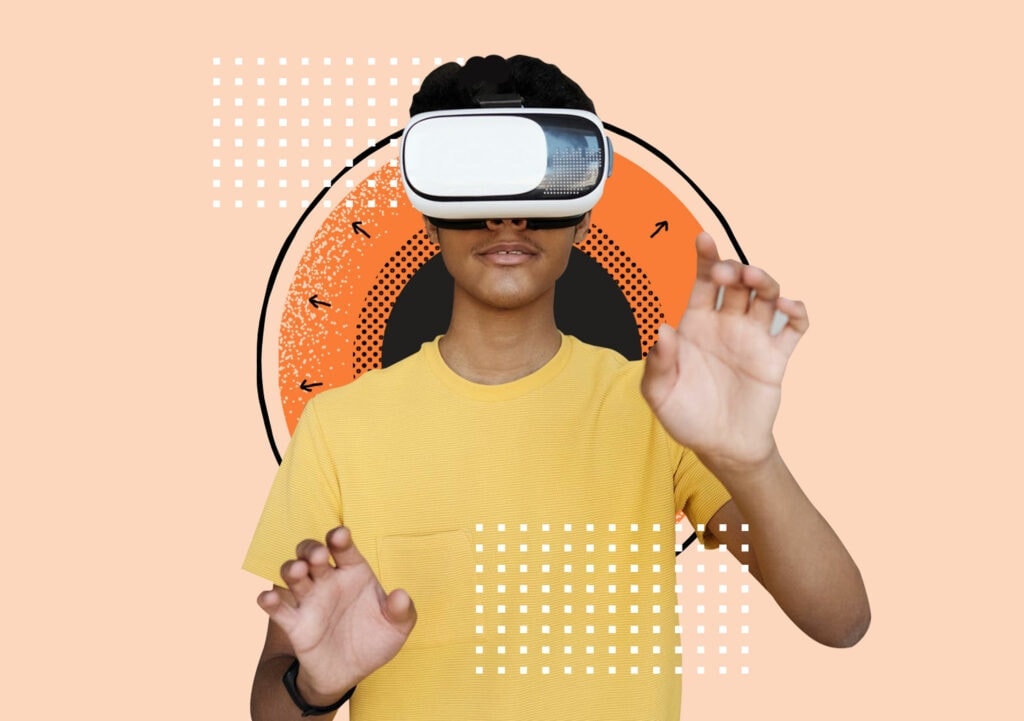Based on NYT’s findings as outlined in their report, Millennials and Gen Z are the first cohorts in the workforce to have a proper understanding of the role of work in life, and they are active agents in redefining the workplace as we know it.
Making moves through career growth over hierarchy
Rather than aiming to rise through the ranks of seniority, Gen Y and Gen Z are focused on career movement in terms of professional and personal development. A positive career trajectory is dependent on progression as a result of continuous growth over climbing up the hierarchical ladder at their organization.
As interview subject Ariel Coleman puts it, “it’s not about jumping up titles, but moving into better work environments.” For employers, the priority is to provide a workplace that empowers their people with new learning and work experiences. If employees do not find fulfillment in their role, they will look for opportunities elsewhere. For Millennials and Gen Z, they’re not merely working for a paycheck, but for a meaningful purpose.
Prioritizing workplace wellness and work-life balance
As work increases in its fast-paced and ever-changing nature, workplace wellness will continue to be key to supporting your teams. For Gen Y and Gen Z, prioritizing workplace wellbeing and work-life balance matters just as much as or even over their title and salary.
The younger working cohort expects to receive encouragement for taking care of their wellbeing and taking paid time-off for vacation or leave. They expect their companies to understand the value they place on managing their responsibilities outside of work, such as caring for dependents and family and spending time on their own health, passions, and side projects, and for their employer to trust that they can still get the work done. Better yet, companies can show their support for employees that are prioritizing their needs through providing financial aid for education to subsidies for fitness memberships. In turn, this inspires increased employee engagement and commitment to the organization.
Gone are the days of working long hours and falling into work dissatisfaction and burnout. Instead of ‘work is life’, Millennial and Gen Z work and life can coexist together.
According to the Pew Research Center, when asked which work arrangement they would find most helpful, Gen Y and Gen Z say the flexibility to choose when they worked. In the age of the decentralized office, they know they don’t need to be at their desk every week day from 9-5 in order to be most effective. The young generation of today’s workers want the ability to shape their jobs in ways that fit with their daily lives. Depending on the individual and their needs, this can mean the ability to work remotely from home or from the road, or shifting their work schedule to their most optimal hours for work performance.
“When younger workers talk about balance, what they are saying is, ‘I will work hard for you, but I also need a life,’” says Cali Williams Yost, founder of Flex Strategy Group.
Work flexibility, from fluid start and finish times to the freedom to cowork from anywhere in the world, is a non-negotiable job requirement. For Millennials and Gen Z, workflex is not about working less, but about working smart.
Growing up, Gen Y and Gen Z have seen their parents struggle with inflexible employers or unstable jobs. As a result, expectations of work have shifted, and they’re asking for what previous generations didn’t—change.
“They’ve watched what’s happened to the generations before them and they see the problems that might come ahead,” said Kathleen Gerson, a sociologist at New York University. “[They’re] saying there’s more to life than work, and we want a satisfying life as well.”
As the future leaders of our organizations, Gen Y and Gen Z are seeking company cultures that are transparent in proving how they will support the progressive shifts in the workplace. From the interview stage and beyond, they are speaking up and reshaping their work environments for the benefit of current workers and generations of workers to come. They are paving the way for workforces to do their flexibly and effectively, and for that, they deserve utmost respect and support.



